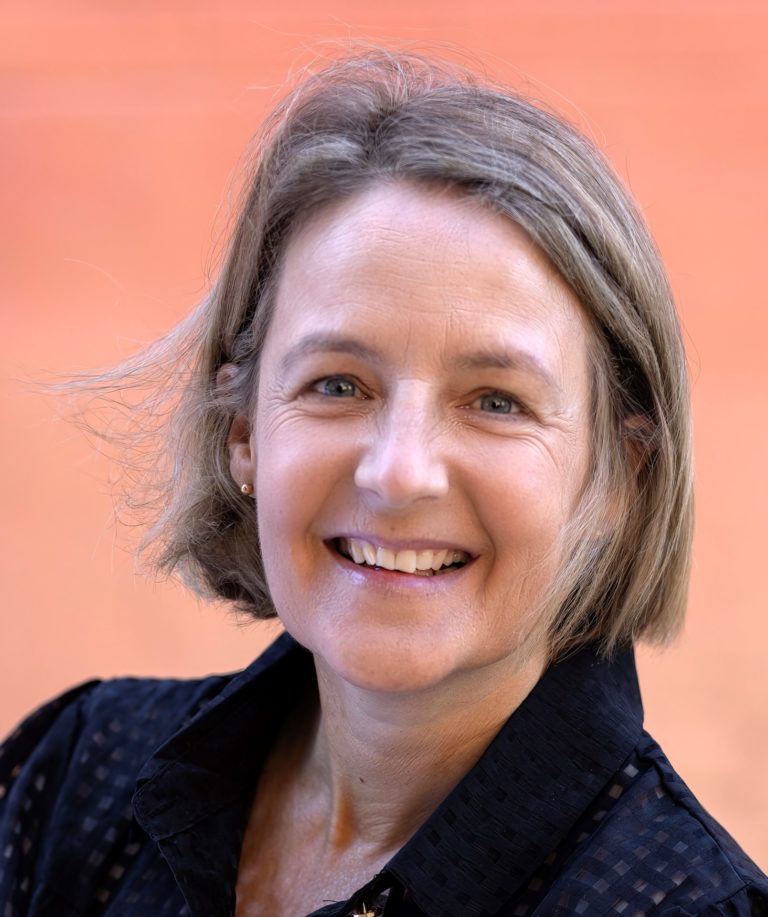As cost-of-living stresses continue to bite, do university enrolments reflect the financial pressure of a new generation of tertiary students?
In Western Australia universities, it seems the answer might be ‘yes’, with three out of four of the state’s public universities showing a growth in engineering degree enrolments during 2022-2023.
In a region of Australia known for its mining industry, graduates can plan to be well paid, with plenty of jobs on offer once they complete their studies.
In general, universities in the mining state recorded increased numbers of students studying science and maths-based courses – a trend predicted to remain steady when students are officially offered spots in 2024.
Business studies are booming at WA unis
At WA’s biggest tertiary institution, Curtin University, the three disciplines that had the biggest enrolment growth over 2023 were commerce, engineering, and science. Degrees with the largest number of applications were commerce, engineering, and medicine.
But when it comes to the figures that showcase top completion rates of tertiary degrees, Curtin University revealed very different numbers, with oral health therapy, physiotherapy, and speech pathology studies topping the list.
Not a single humanities degree has experienced enrolment growth at the university during 2023.
At Murdoch University, enrolment figures for this year showed a high demand for courses in business, commerce, IT, community development and engineering, with interest from international students a key component of enrolment numbers. These courses had previously suffered declining enrolments since the impact of COVID-19 border closures but are now growing again.
Other fast-growing courses included the master of public health, doctor of optometry, master of information technology, master of business analytics and juris doctor (law).
Cost of degrees can impact study choices
University of Newcastle school of education senior lecturer Dr Leanne Fray studied student enrolment trends for years before COVID and is planning to resume her research in 2024.
She believes changes in fee structures – with many arts-based degrees now costing more, while science degrees cost less than they did previously – have an impact on the choices students make.
“Some students are very clear on what they want to do, and the cost of the degree won’t deter them, but for others who are not sure, the cost will influence their choice,” Dr Fray says.

Given graduates of engineering degrees are well paid and likely to get a job – especially in WA’s mining industry – Dr Fray said the news that these courses are booming at some universities left her unsurprised.
“If there is a degree with a higher debt but less guarantee of a job at the end, or the pay in that job will be low, students who are undecided on a future career path will factor that in when deciding what to study.”
Vic students seek health and science jobs
In Victoria, new data from the Victorian Tertiary Admissions Centre, shows that, despite a state government initiative to subsidise high-school teaching degrees, there has been only a small increase in the numbers of students selecting it as their first preference for tertiary study in 2024.
While health is one of the most popular sectors of study recorded since the first preference deadline closed on 28 September, there has been a one per cent decline in the number of applications of health-related enrolments, despite the government’s offer of $16,500 scholarships to cover the cost of nursing degrees in 2024.
Health includes dental nursing, medical studies, nursing, optical, radiography, pharmacy, public health and veterinary.
Personal interest trumps money
Despite the trends in WA universities, the VTAC research shows personal interest, rather than money, incentives or career options are key drivers in university course selection for the state’s current crop of Year 12 students.
Another surge of applications VCE exams finish is expected, with students in Victoria finding out what course they’ve been accepted into on 21 December, 10 days after receiving their ATAR scores.
Findings from the Gen Z on Course study, which surveyed nearly 7500 year 12 students in 2022, found that, despite cost-of-living pressures, 85 per cent of students chose studies because of personal interests. 62 per cent of the survey’s respondents reported being driven by available career options, with 37 per cent saying they were influenced by money. (Students could tick more than one option when answering.)
Dr Fray says the shift in degree costs – with arts-based degrees costing more and science-based degrees costing less – is a result of the Job Ready Graduate policy introduced by the Coalition government in 2020.
“The policy aimed to prioritise degree programs deemed to be of national importance,” she told EducationDaily.
And despite rising financial pressures seeing many adult university students choosing to remain living at home with parents, rather than explore the costly private rental market, Dr Fray says the research shows that, although “parents can have some influence students’ choice of education and careers, prior achievement and gender have a far greater impact than parental pressures”.
“Our research has shown that choice to study at university has been impacted by COVID-19, availability of employment options, natural disasters (bushfire, drought), and a student’s financial situation,” Dr Fray told EducationDaily.
“We have anecdotal evidence that overall interest in obtaining a university degree has declined over the past ten years. We have new research, commencing in 2024, which aims to take a closer look at this phenomenon.”








